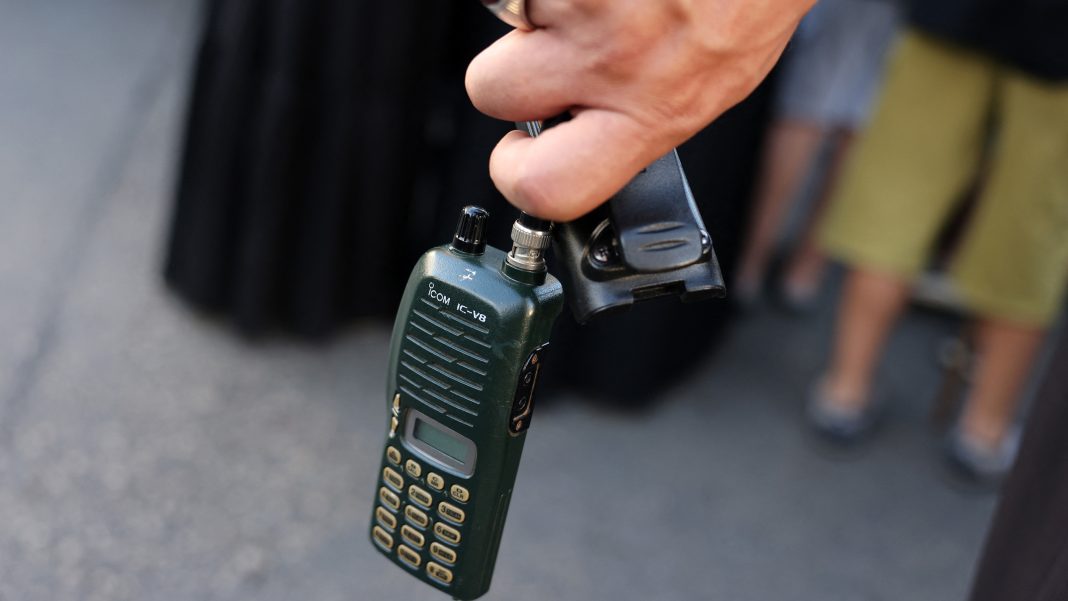Title: The Hidden Danger of Lead Contamination in National Guard Armories
Introduction:
The Soccer Coliseum in New Jersey is a popular youth soccer arena that has introduced generations of children to the beautiful game. However, beneath its artificial turf lies a hidden danger – lead contamination. Exclusive documents obtained by The Intercept reveal that the Army National Guard knowingly endangered the health and safety of soldiers and civilians at armories across the country. This article delves into the extent of the lead contamination problem, the risks it poses to public health, and the lack of action taken by the Army National Guard to address the issue.
The Threat of Lead Contamination in Armories:
Lead contamination in armories stems from the use of indoor firing ranges, where the firing of rifles and pistols emits toxic lead dust. This dust is frequently tracked around armories on soldiers’ clothing and dispersed through ventilation systems. The Army National Guard was aware of the public health threat posed by lead-contaminated indoor firing ranges but failed to take the required action to remediate lead hazards from armories. As a result, at least 600 and possibly more than 1,300 National Guard indoor firing ranges may still pose a threat.
The Lingering Issue of Lead Hazards:
The dangers of lead-contaminated shooting ranges have been known since the 1940s, yet little action has been taken to address the issue. Over the years, numerous reports and investigations have highlighted the presence of lead dust in armories, but remediation efforts have been inconsistent and incomplete. The Army Audit Agency’s 2020 audit revealed that armories in New Jersey, North Carolina, and Ohio failed to properly report lead levels, restrict public access, and conduct thorough lead abatement, putting soldiers and civilians at risk.
The Devastating Health Effects of Lead Exposure:
Lead exposure is highly toxic, particularly to children, and can cause permanent damage to the brain and nervous system. Even low levels of lead in the blood can lead to reduced cognitive abilities and academic achievement. In adults, lead exposure increases the risk of high blood pressure, cardiovascular problems, and kidney damage. Pregnant women exposed to high levels of lead are more likely to experience miscarriages and stillbirths. The worldwide impact of lead exposure is staggering, with millions of deaths and lost IQ points attributed to lead exposures each year.
Inadequate Response and Lack of Accountability:
Despite decades of reports and investigations, the Army National Guard has failed to address the lead contamination issue adequately. The 2020 audit revealed that armories were not thoroughly remediated, and required evaluations to identify lead contamination levels were not conducted. The Army National Guard’s database, PRIDE, has inconsistencies and lacks accurate data on lead abatement efforts. The lack of accountability and oversight raises concerns about the safety of armories and the accuracy of reported remediation efforts.
The Urgent Need for Action:
Experts emphasize the urgent need for the Army National Guard to take immediate action to clean up armories and ensure compliance with lead abatement standards. The health risks associated with lead exposure are severe and can have lifelong consequences. The Army National Guard should prioritize the safety of soldiers and civilians by following best practices for lead abatement and adhering to more protective lead dust standards. Congressional action and increased oversight are necessary to address this widespread issue and protect public health.
Conclusion:
The presence of lead contamination in National Guard armories poses a significant threat to the health and safety of soldiers and civilians. Despite decades of knowledge about the dangers of lead exposure, the Army National Guard has failed to take adequate action to address the issue. The lack of accurate data, inconsistent remediation efforts, and insufficient oversight highlight the urgent need for comprehensive lead abatement measures. It is crucial for the Army National Guard to prioritize the well-being of those who have been exposed to lead dust and take immediate steps to ensure the safety of armories nationwide.


